India’s approach amid global uncertainty
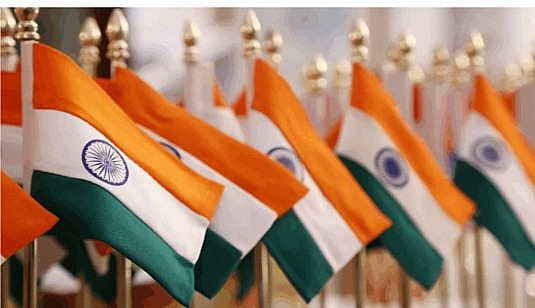 |
Trade diplomacy
At the World Trade Organization, India is actively contributing to discussions on reforms in the lead-up to the Cameroon Ministerial. The talks carry significant implications, as proposals to adjust consensus rules and increase oversight of industrial subsidies could impact longstanding provisions that support developing economies.
Indian negotiators are engaged behind the scenes to help ensure that any reforms take into account the growth needs of developing countries—reflecting India's ongoing engagement with the Global South. The key challenge lies in finding balanced solutions that protect development interests without being seen as resisting necessary updates to the global trade system.
Simultaneously, New Delhi is racing against an August 1 deadline to conclude a potentially transformative trade agreement with the United States. Talks span high-tech sectors, supply chain security, and intellectual property.
This dual narrative, resisting pressure at the WTO while seeking bilateral deals, highlights India’s evolving trade identity.
India-China relations
External Affairs Minister S. Jaishankar’s recent visit to Beijing signals a cautious thaw. At the Shanghai Cooperation Organisation summit, Jaishankar and his Chinese counterpart Wang Yi discussed de-escalation, border normalization, and easing trade restrictions.
China described the effort as “hard-won normalization,” while India stressed its need to restore critical supply chains and regional stability. The engagement reflects India’s strategic balancing act.
Shaping the Rules of the Future: India’s AI Play
Beyond high-level trade discussions, India is playing an increasingly active role in global conversations on artificial intelligence governance. At the UNESCO-led 2025 AI Action Summit, New Delhi advocated for inclusive and transparent approaches to AI, aligning itself with the priorities of many developing countries in the Global South.
Domestically, the government’s IndiaAI mission has taken concrete steps, including establishing the India AI Safety Institute and unveiling the BharatGen public-sector AI model. By presenting itself as not just a consumer but a creator of ethical AI, India is ensuring it has a decisive voice in the next wave of technological governance.
The larger picture
India’s current global posture is a far cry from the days when it was seen primarily as an emerging market or a passive participant in multilateral forums. Today, it is asserting a clear message: it will engage globally, but on its own terms.
This approach comes with its own set of challenges. Balancing external pressures related to sanctions with the need for energy security, advancing trade reforms while safeguarding domestic priorities, and upholding diplomatic credibility alongside national interests will require careful policy coordination in the months ahead.
Recent developments suggest that India is preparing to meet these challenges. Its actions reflect a country seeking to strengthen its role in the international system—as an independent participant contributing to the evolution of trade frameworks, technology governance, and diplomatic engagement in a changing global landscape.
Recommended
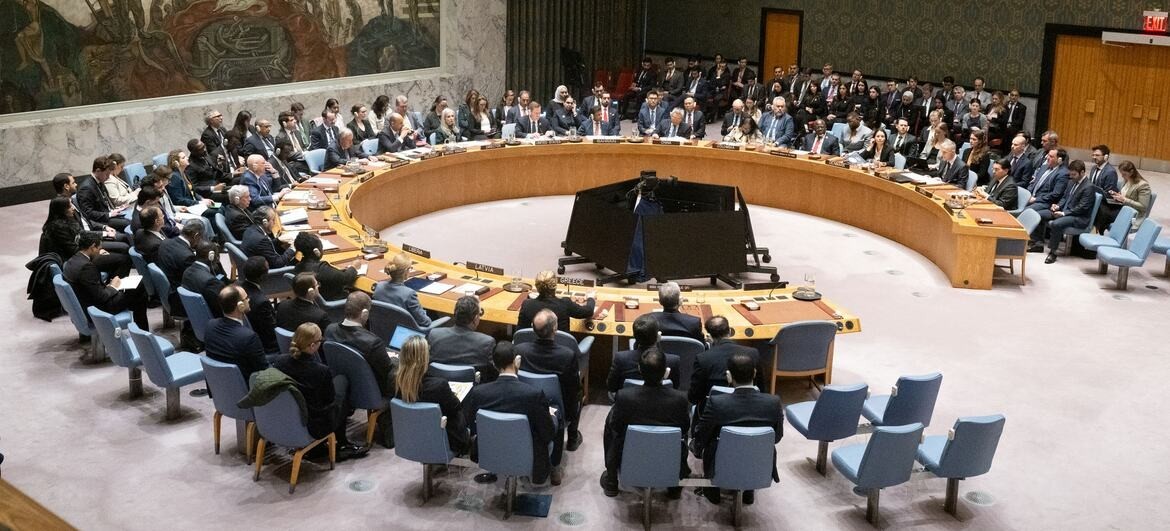 World
World
UN and Many Countries Warn of Escalating Conflict Risk in Middle East
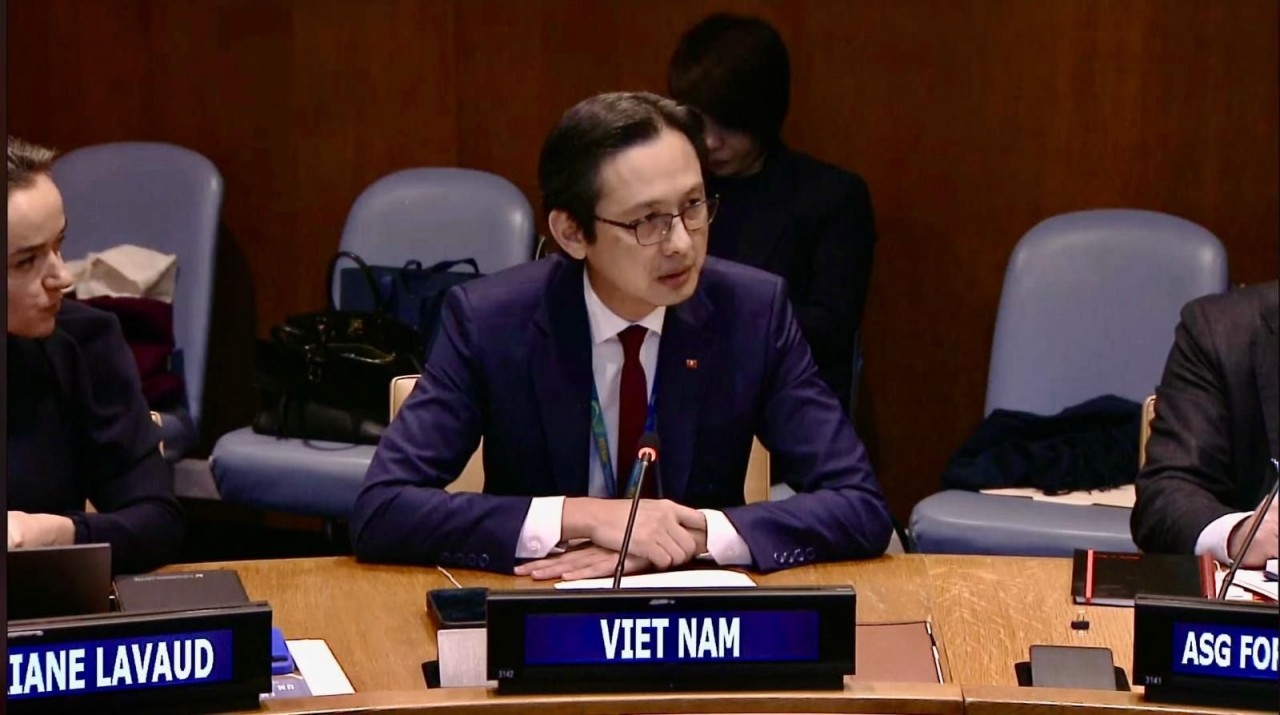 World
World
Seminar Marking 50th Anniversary of Treaty of Amity and Cooperation in Southeast Asia
India has strengthened its position after the AI Impact Summit in Delhi
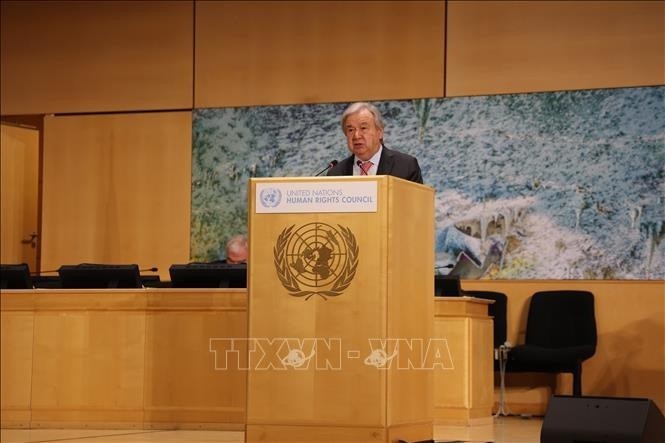 World
World
High-Level Segment of 61st Session of the UN Human Rights Council Opens in Geneva
Popular article
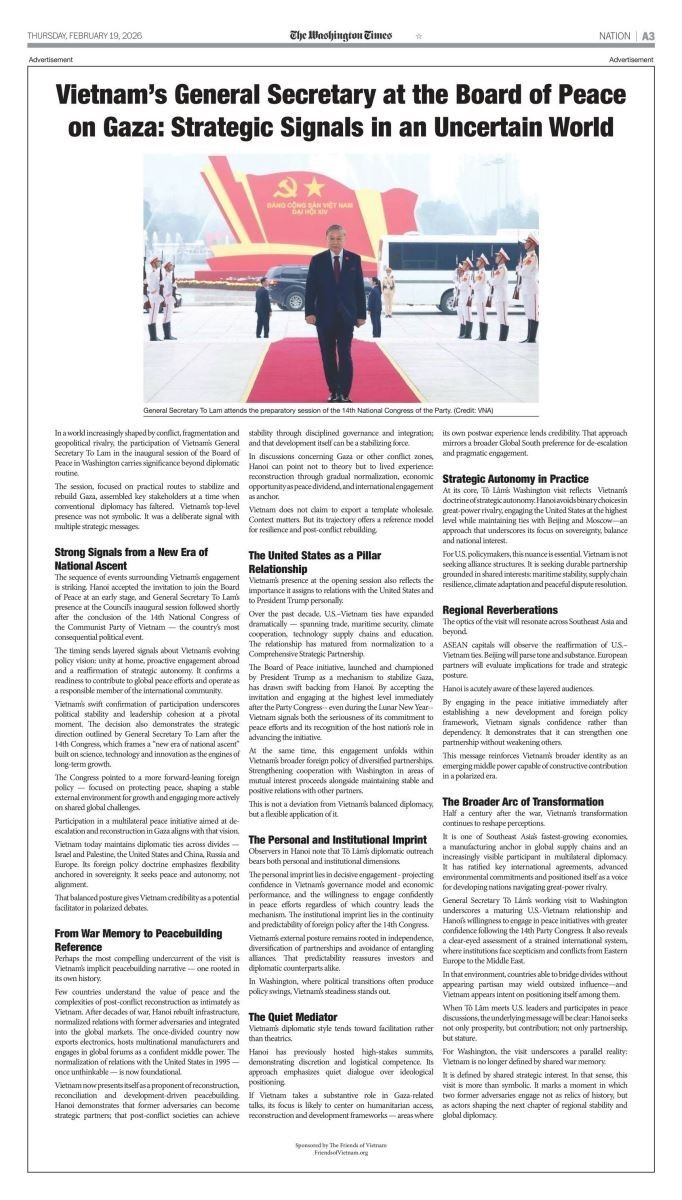 World
World
US Media Commend Vietnam’s Role in Global Peace Efforts
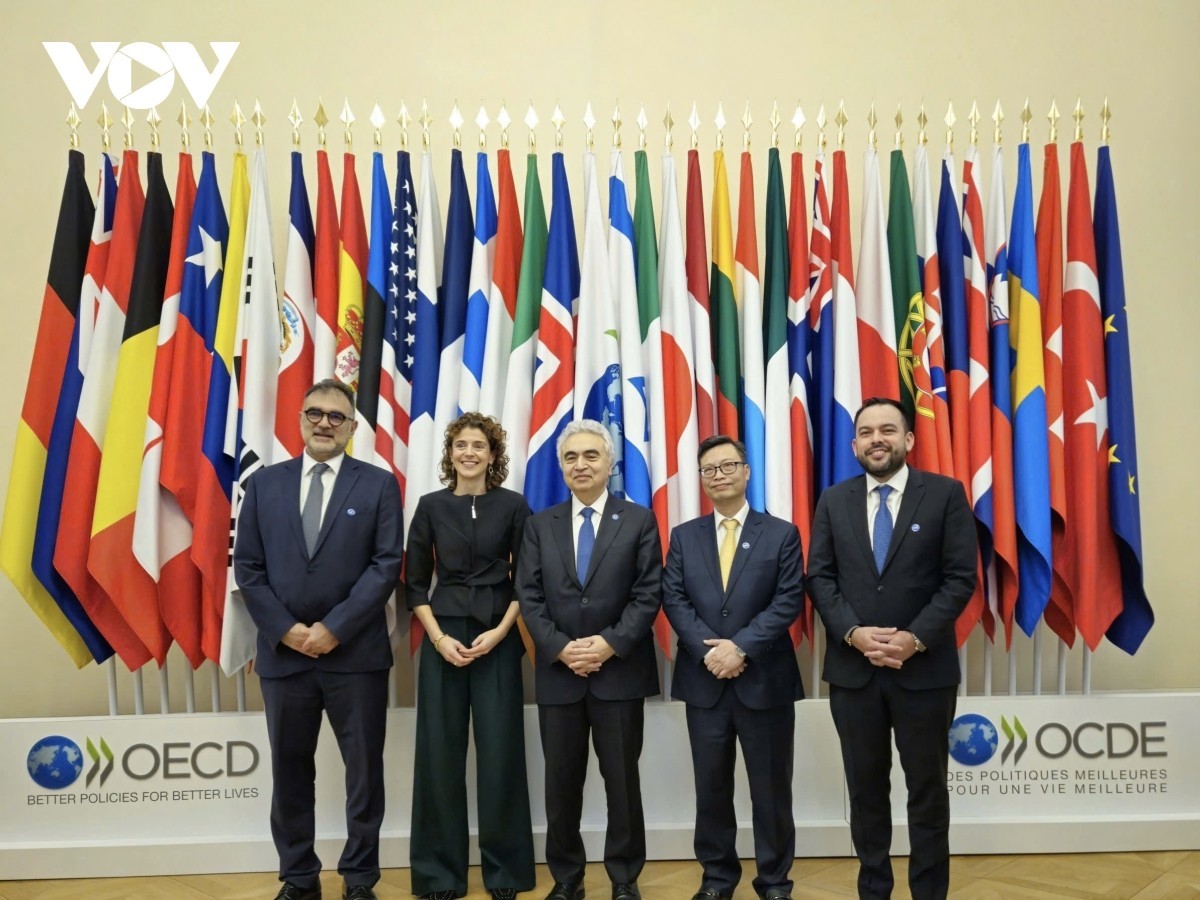 World
World
Vietnam Officially Becomes Association Country of International Energy Agency (IEA)
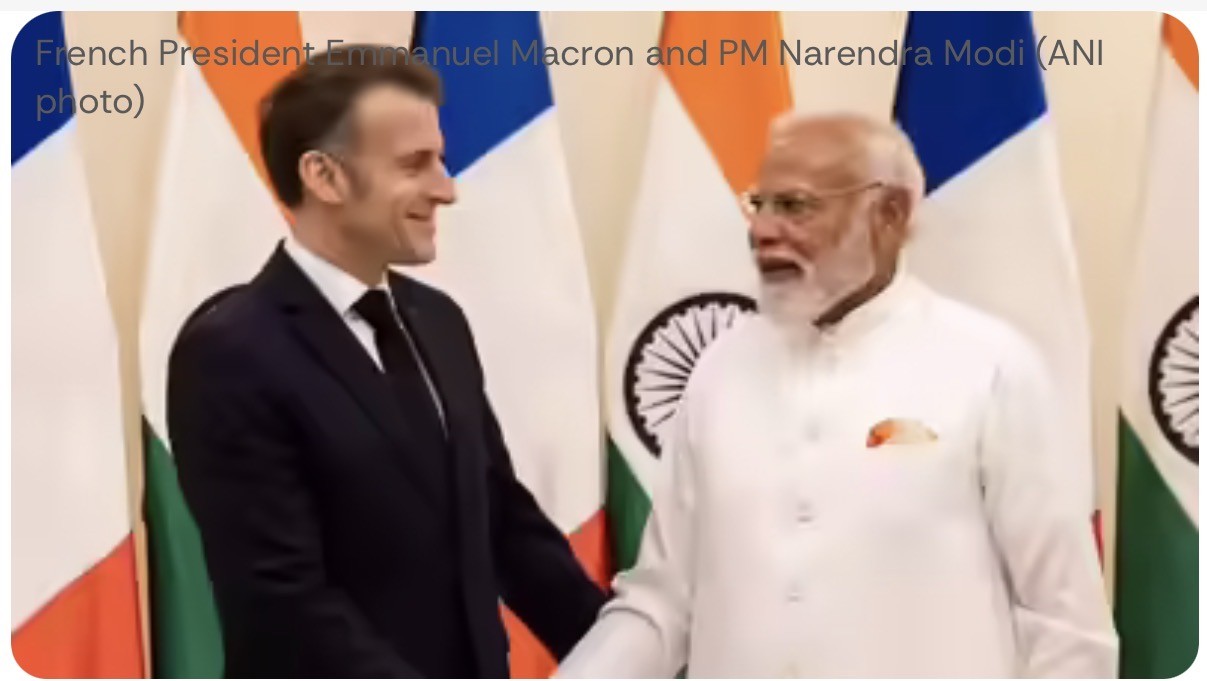 World
World
Key pacts signed as PM Modi hosts France's Macron for plane cooperation
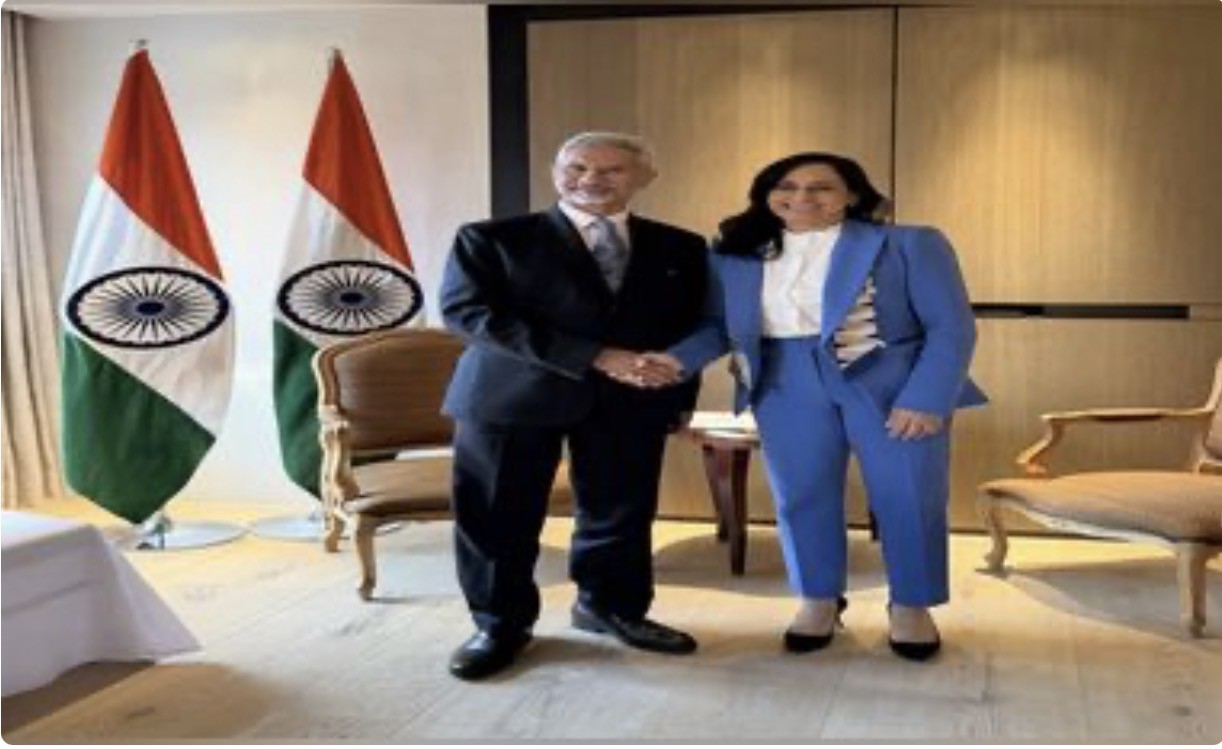 World
World



